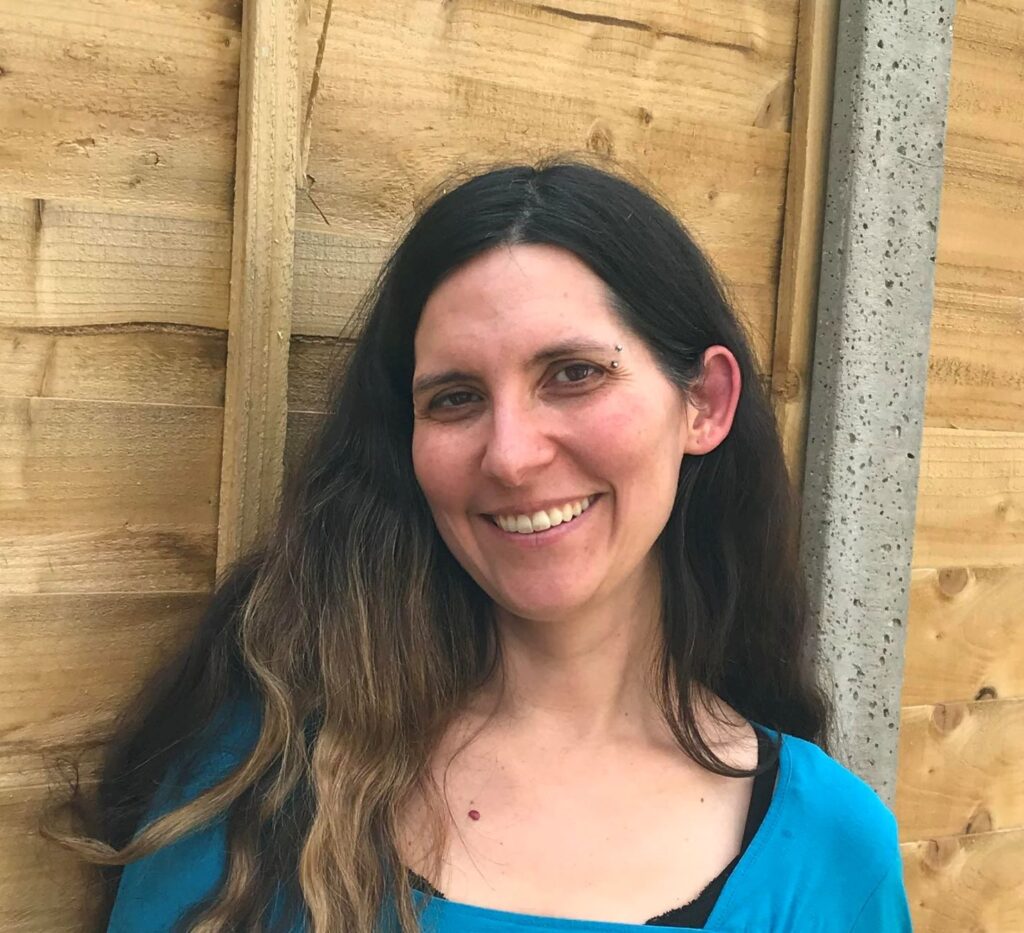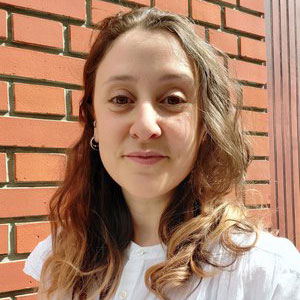Co-organising Partners
Mary Chester Kadwell
Senior Research Software Engineer, King’s Digital Lab
Mary is a research software engineer, originally from an archaeology background, and has worked on software projects for over ten years, including at the British Museum and University of Cambridge. She has wide-ranging experience in working on large and small projects around library special collections, archival material, museum objects and digital humanities of many forms. Mary is interested in teaching coding, sustainable software engineering practices and design thinking, and is a Trustee of the Society of Research Software Engineering.
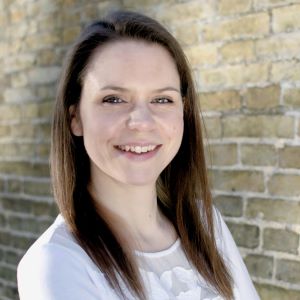
Neil Jakeman
Senior Research Software Analyst, King’s Digital Lab
Neil joined the Department of Digital Humanities as a Research Developer in 2011 to help steer development in the spatial turn that DH research that was enjoying at that time. Arriving with a background in environmental analysis, spatial statistics, his interests within the department broadened to encompass the diversity of topics in the department’s portfolio. His role within the Lab has now evolved to encompass cultivating new projects and relationships in the digital community and beyond as a Project Analyst. As one of three permanent analysts in the Lab, Neil oversees has particular responsibility over those which involve digital creative practice in emerging technologies.
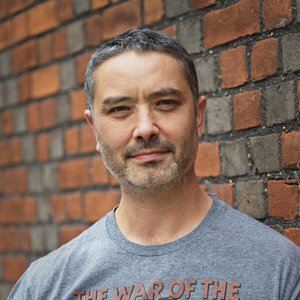
Jonathan Blaney
Digital Humanities Research Software Engineer, Cambridge Digital Humanities
Jonathan is Digital Humanities Research Software Engineer at Cambridge Digital Humanities. Previously he worked on Digital Humanities projects at the Institute of Historical Research, University of London, and before that at the Oxford Digital Library in the Bodleian. Going back even further, he worked as a lexicographer at Oxford University Press, across the range of English dictionaries and thesauri.
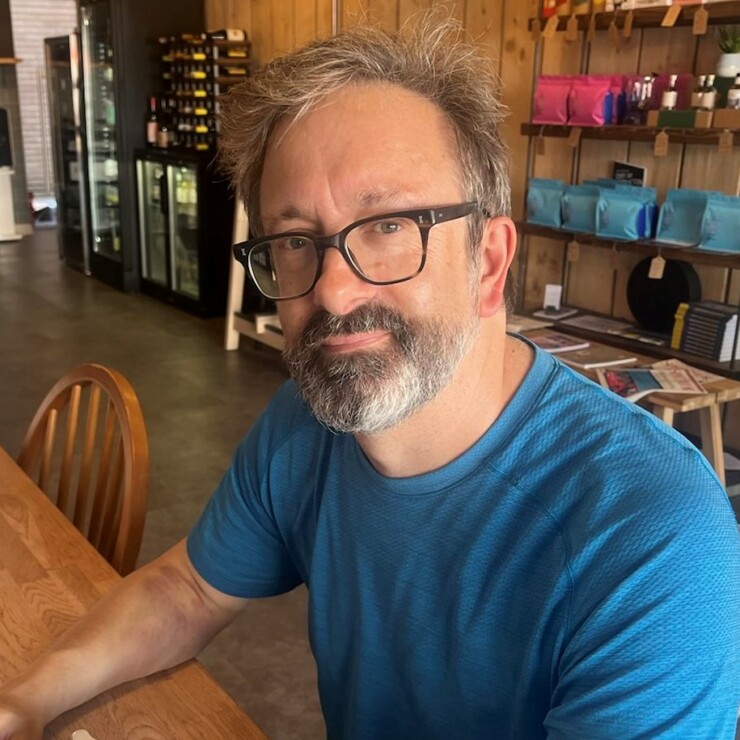
Lucia Michielin
EFI Digital Skills Training Manager, Centre for Data, Culture & Society
Lucia’s main responsibilities involve managing and developing the CDCS Training Programme, a programme which focuses on identifying and providing a variety of training on applied digital research to respond to researchers’ needs across the College of Arts, Humanities and Social Science. She has considerable experience in designing and delivering training courses focused on data skills and digital research methods, and can apply specialist technical expertise and knowledge to developing a digital research methods training programme. Having been awarded a PhD in Classics from the University of Edinburgh in 2019, Lucia’s research background in the Digital Humanities has equipped her with a great deal of experience in applying digital methods to research projects, as well as the ability to support the development of data-intensive projects.
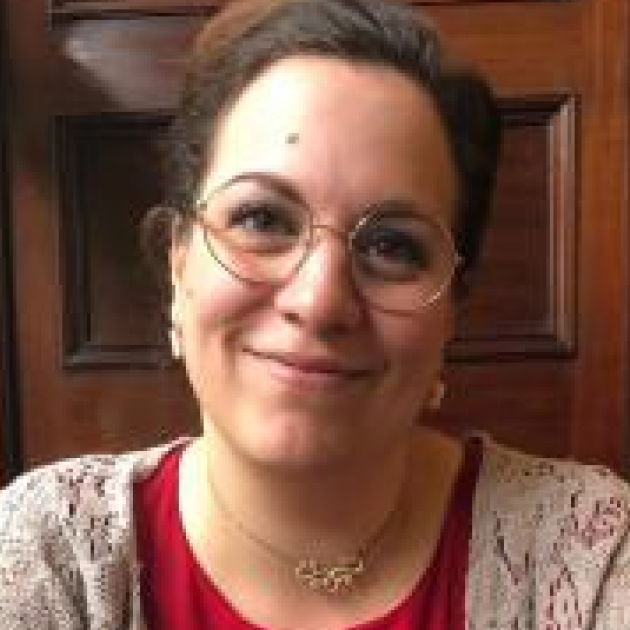
Organising Support
Speakers and Trainers
Arianna Ciula
Director & Senior Research Software Analyst, King’s Digital Lab

Arianna has over 15 years’ experience in collaborative Digital Humanities (DH) research, and 10 years’ experience in research management, and digital research infrastructures (inclusive of research policy strategy and implementation). She is an active member of the Research Software Engineers (RSE) and DH national and international communities; she researches and advocates for a holistic understanding of digital infrastructures and of modelling processes of cultural-historical objects and phenomena for the application of computational methods.
Janna Joceli Omena
Digital Methods Lecturer (Assistant Professor), King’s College London

Janna has designed and conducted digital methods-led research since 2013, learning from and repurposing web technologies and AI methods for interdisciplinary research. Janna is the author of the book Métodos Digitais: Teoria-Prática-Crítica (2019), the first edited collection on digital methods in Portuguese, bringing together referential authors in the field with seminal and original texts. Janna’s work focuses on understanding the epistemological dimensions of AI, web technologies, digital objects, and research software in designing and implementing methods and their role in research and knowledge production.
Ryan Heuser
Assistant Professor in Digital Humanities, Cambridge Digital Humanities, University of Cambridge

Ryan is a literary historian and computational humanist with fifteen years of experience in researching and teaching in the digital humanities. His research and pedagogy span topics from the history and theory of DH to its methodological groundings in data science and visualization, natural language processing, network theory, machine learning, and large language models. His work focuses on computational approaches to prosody and rhythm, literary and intellectual history, and the history and impact of artificial intelligence on language. Some of his latest work on computational intellectual history appears in a new book from Cambridge University Press, Explorations in the Digital History of Ideas (2023, ed. Peter de Bolla).
Daniel Chávez Heras
Lecturer in Digital Culture and Creative Computing, King’s College London
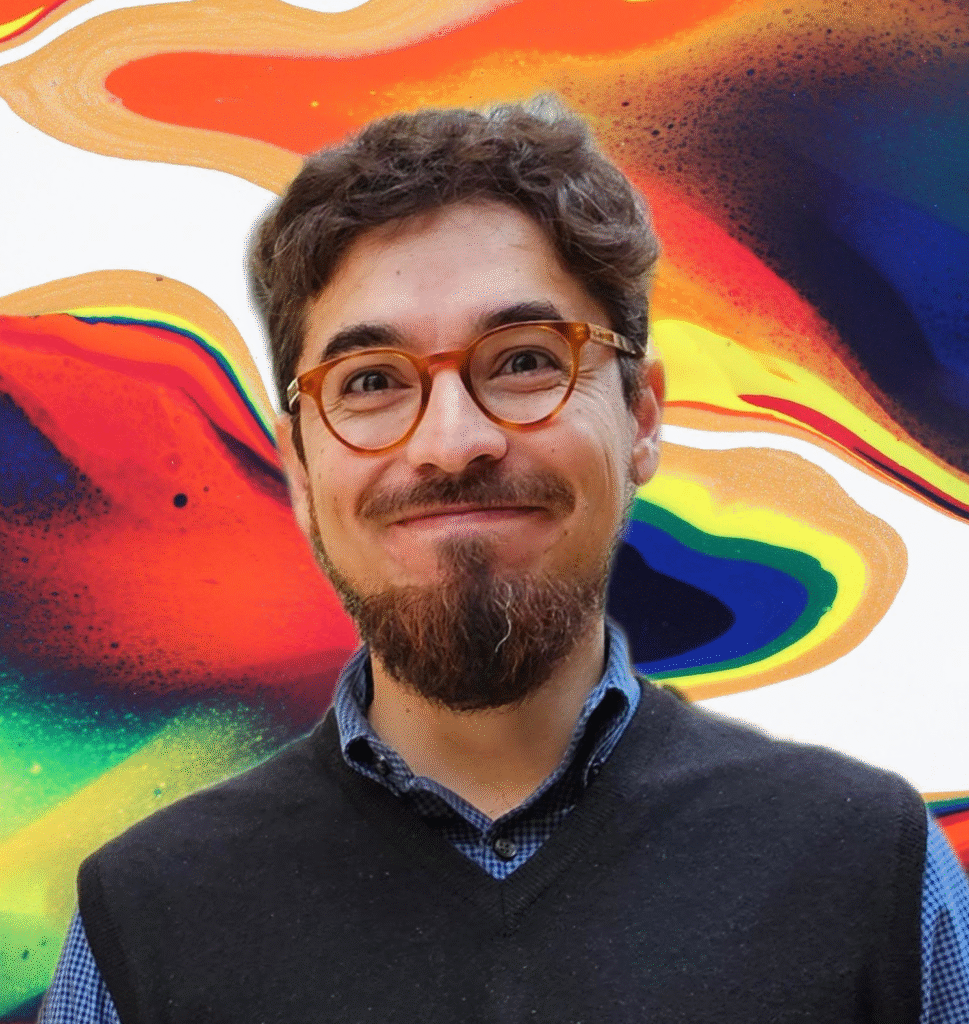
Daniel specialises in the computational production and analysis of visual culture. His research combines critical frameworks in the history and theories of cinema, television, and photography, with advanced technical practice in creative and scientific computing, including applied machine learning technologies. Daniel works with cultural institutions such as the British Film Institute, the British Council and the BBC. He is the author of Cinema and Machine Vision: Artificial Intelligence, Aesthetics and Spectatorship (2024, Edinburgh University Press). At King’s, he is a fellow of the Digital Futures Institute, the Institute for Artificial Intelligence, a member of the Creative AI Lab and the Computational Humanities Research Group.
Liz Ing-Simmons
Senior Research Software Engineer, e-Research, King’s College London

Liz is a Senior Research Software Engineer (RSE) who joined e-Research in March 2024. As an RSE, Liz works with researchers to develop research software, improve the robustness, reproducibility, and usability of existing code, and identify the most effective ways to address research questions using existing or new software. She is also involved in the computational skills training carried out by e-Research. Liz’s research background is in biology, specifically functional genomics.
Max Wyatt
Research Operations Engineer, e-Research, King’s College London

Max joined the e-Research team in the beginning of January 2024 moving from teaching 11-18 year olds English Literature, Language and IT. Max works with the System Operations team which primarily deal with problem solving and supporting users to ensure that their time using CREATE is as seamless as it can be.
Andrew Turner
Principal Architect, EPCC, University of Edinburgh
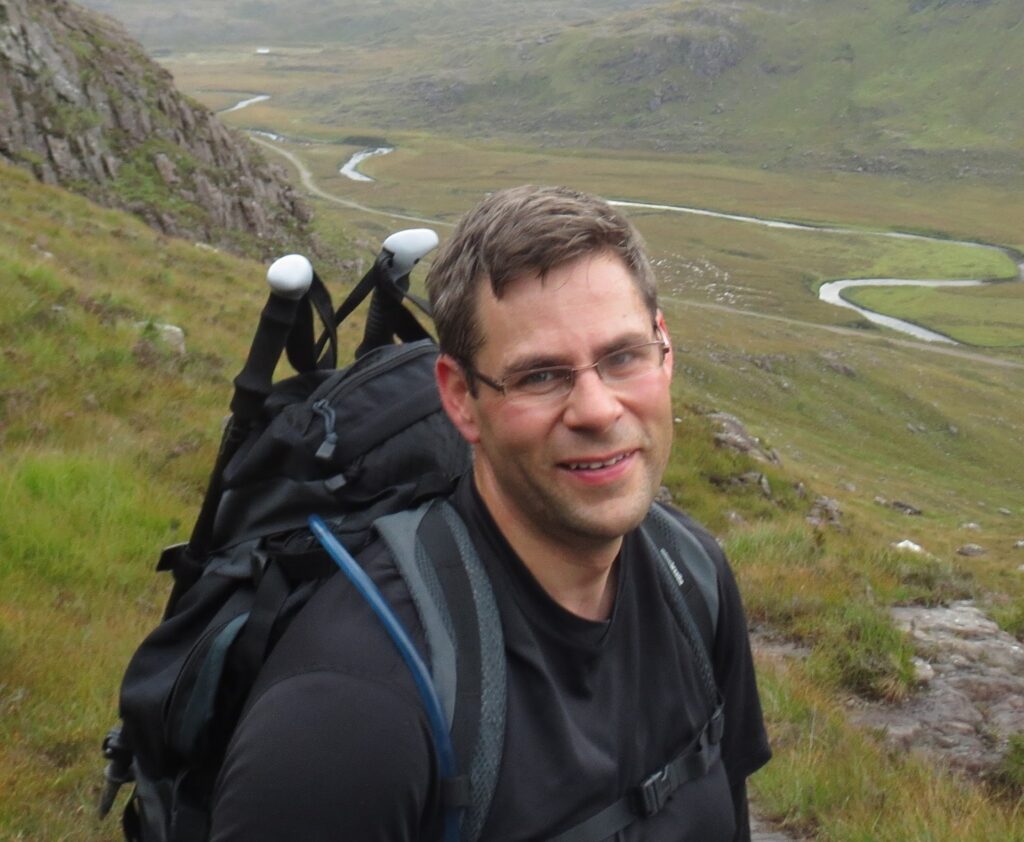
Andrew Turner is Principal Architect at EPCC, the University of Edinburgh’s supercomputing centre. With a background in chemistry and computational science, he holds a PhD in astrophysical chemistry and has extensive experience in quantum chemistry and molecular simulation. At EPCC since 2008, he is involved in UK national HPC services including ARCHER2, CIRRUS, and DiRAC, supporting both academic and industrial users in optimising software for high-performance computing. He is an active member of the UK Research Software Engineering community and contributes to training and sustainability efforts
Jessica Witte
Digital Research Analyst, Centre for Data, Culture & Society, University of Edinburgh
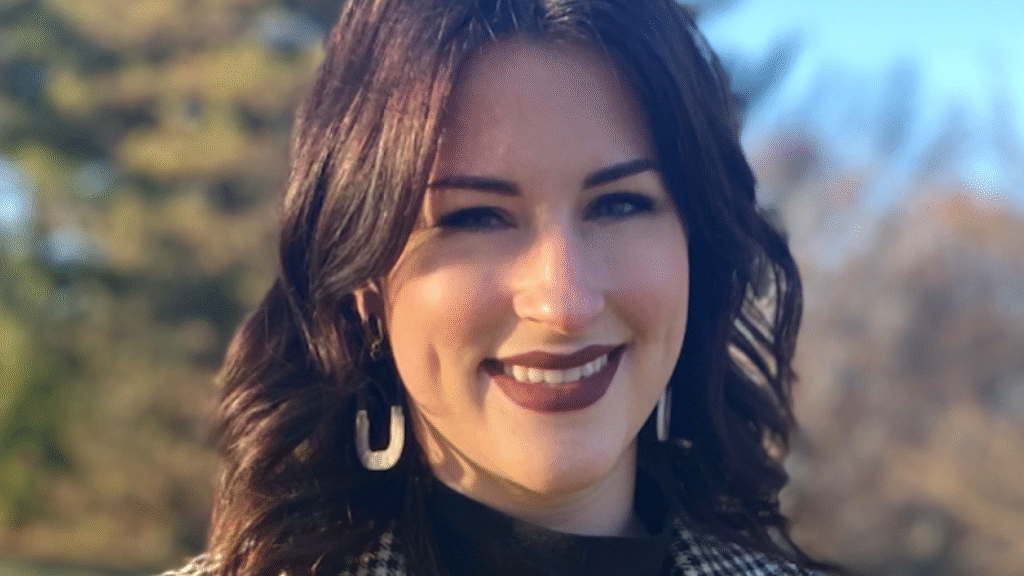
Jessica Witte works on digital and data-driven initiatives at the Centre for Data, Culture & Society, a specialist hub for applied digital research methods across the College of Arts, Humanities, and Social Sciences (CAHSS). In her role, she identifies and analyses trends in digital research, supports technical projects, and contributes to efforts that integrate digital and data-led approaches into CAHSS research and innovation. Holding a PhD in literature and digital humanities from the University of Illinois at Urbana-Champaign, Jessica has an interdisciplinary and international background. In her research, she has completed projects situated at the intersection of digital humanities, digital cultural heritage, and machine learning in collaboration with academic and sector partners. Her technical expertise includes machine learning, generative AI, natural language processing, and text & data mining.
Anna-Maria Sichani
BRAID Fellow – Research Associate in Digital Humanities, School of Advanced Study, University of London
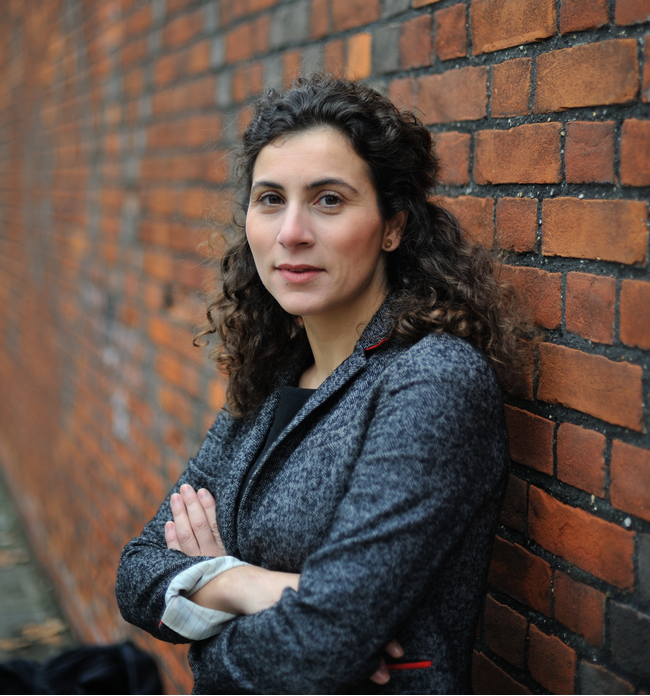
Dr. Anna-Maria Sichani (Anna-Maria Chikhani | Άννα-Μαρία Σιχάνη) is a media and cultural historian and a Digital Humanist. Anna-Maria is currently a BRAID Fellow – Research Associate in Digital Humanities at Digital Humanities Research Hub, School of Advanced Study, University of London, looking at embedding responsible AI literacy skills across the cultural heritage community to empower informed, responsible and ethical use of AI and machine learning. Anna-Maria is also a Software Sustainability Institute Fellow.
Mike Hawkins
Senior Developer, Cambridge University Library
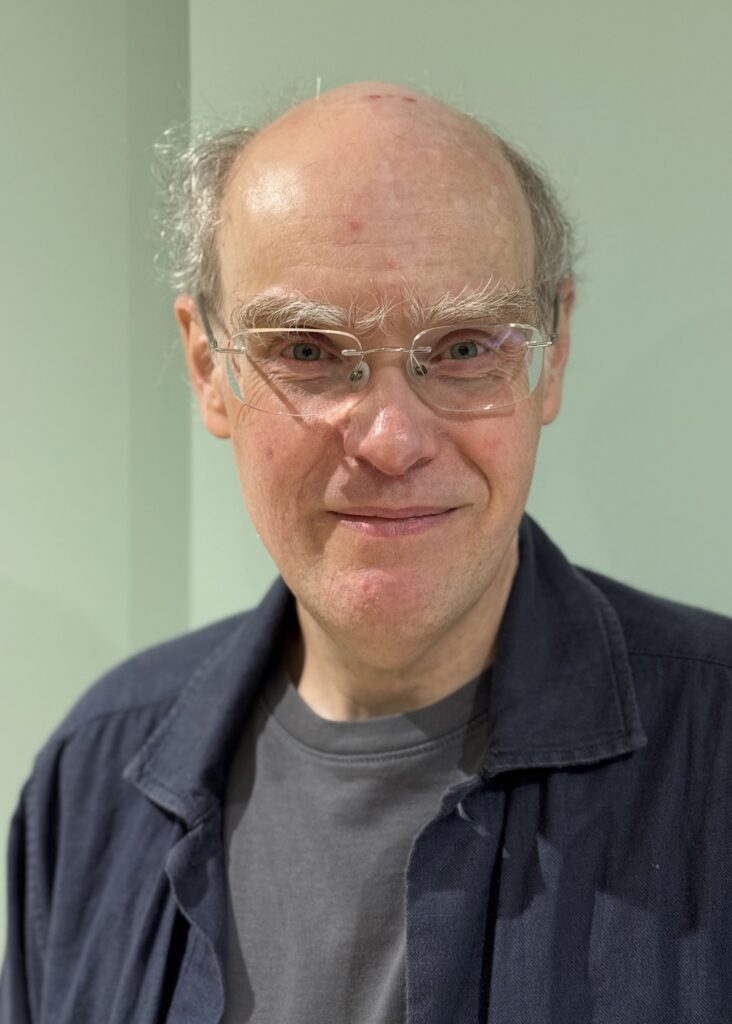
Dr Michael Hawkins has been working in Digital Humanities since completing his PhD on Thomas Willis’s neurocartography of the passions at Imperial College London in 2004. He has served as Technical Director of numerous digital humanities projects, such as the Newton Project, Newton and the Mint, the Casebooks Project, the Darwin Correspondence Project, and Unlocking Digital Texts. He is currently a Senior Developer at the Cambridge University Library. His main areas of interest are editing and encoding materials for historical research. His specialities include markup languages (HTML, TEI, XSLT, xQuery, xPath, Schematron), scripting (Python, JavaScript, TypeScript, CSS) and cloud infrastructure.
Estara Arrant
Leverhulme Early Career Research Fellow, University of Cambridge
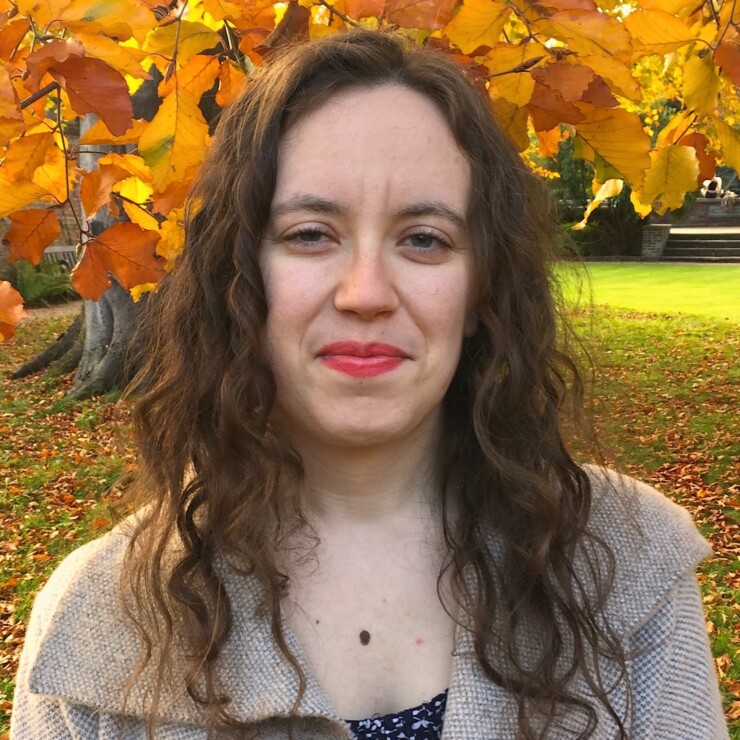
Dr Estara Arrant is a Postdoctoral Research Associate based at the Cambridge University Library in the Taylor-Schechter Genizah Research Unit. In January 2025 Dr Arrant commenced a Leverhulme Early Career Research Fellowship project titled “Regaining Lost Realities: Medieval Judaeo-Arabic and the Society that Shaped It”, in which she will develop the first NLP model for medieval Judaeo-Arabic and create a digital model to connect linguistic features to sociological and material cultural details preserved in Judaeo-Arabic correspondence from medieval Alexandria. Dr Arrant is a linguist of Semitic languages, data scientist, palaeographer, and Middle Eastern studies scholar. She uses data science, applied mathematics, and computational tools to help solve long-standing problems and create new tools to further the linguistic, religious, and historical study of Middle Eastern languages and cultures.
Mark J. Hill
Lecturer in Cultural Computation, King’s College London

Mark has an interdisciplinary background spanning digital humanities, computational social science, and intellectual history. Prior to joining King’s, Dr Hill was a Lecturer in Computational Social Science at the University of Kent. He has also held positions at the University of Helsinki and the London School of Economics. He completed his DPhil at the University of Oxford, focusing on Jean-Jacques Rousseau’s political thought and its intellectual and cultural influences. His work combines digital methods with robust methodological awareness to contribute both to substantive research topics and develop digital methods.
James Graham
Head of Research Software Engineering, e-Research, King’s College London

James joined King’s e-Research team in October 2022 to build the central Research Software Engineering (RSE) group. This group collaborates with researchers across the college, providing specialist skills in Research Software Engineering to research projects, delivering training in software engineering and data skills to PhD students and staff, and advocating for the importance of software as a critical component of modern research practice. Research Software Engineers (RSEs) represent a hybrid researcher / software engineer role, bringing together experience in software development with an understanding of the academic research process and landscape. This allows RSEs to embed fully into a research team if required, acting as collaborators rather than purely service providers.
Christopher Ohge
Lecturer in Digital Approaches to Literature at the Institute of English Studies, University of London
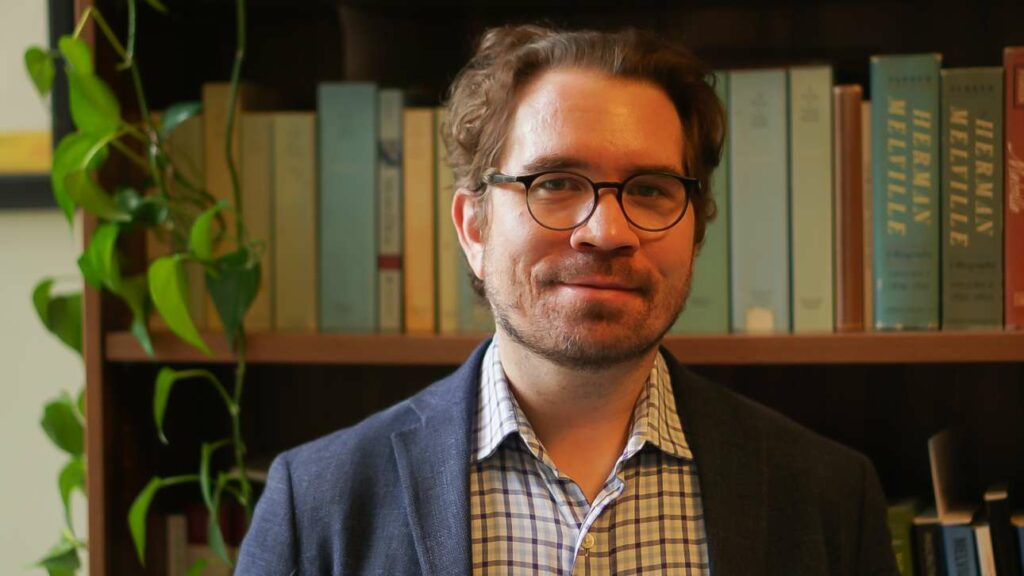
Christopher Ohge is a Lecturer in Digital Approaches to Literature at the Institute of English Studies, University of London. An American-British scholar, he earned his PhD in Editorial Studies and English Literature from Boston University. His work focuses on digital scholarly editing, the environmental humanities, and exploring how digital tools can enhance literary scholarship—ranging from textual analysis and digital editions to promoting sustainable and ethical research practices. Since early 2025 he is co-leading the AHRC-DFG-funded ‘Project StoryMachine’. This 3-year project will combine AI with a spatial hypertext system to explore folklore motifs in British and German folklore. He also works collaboratively to educate people on the environmental impact of digital research, by coordinating the Green Digital Humanities Tool-kit group for the Digital Humanities Climate Coalition.
Lisa Otty
Head of Data-led Methods, EFI’s Innovation Services, University of Edinburgh
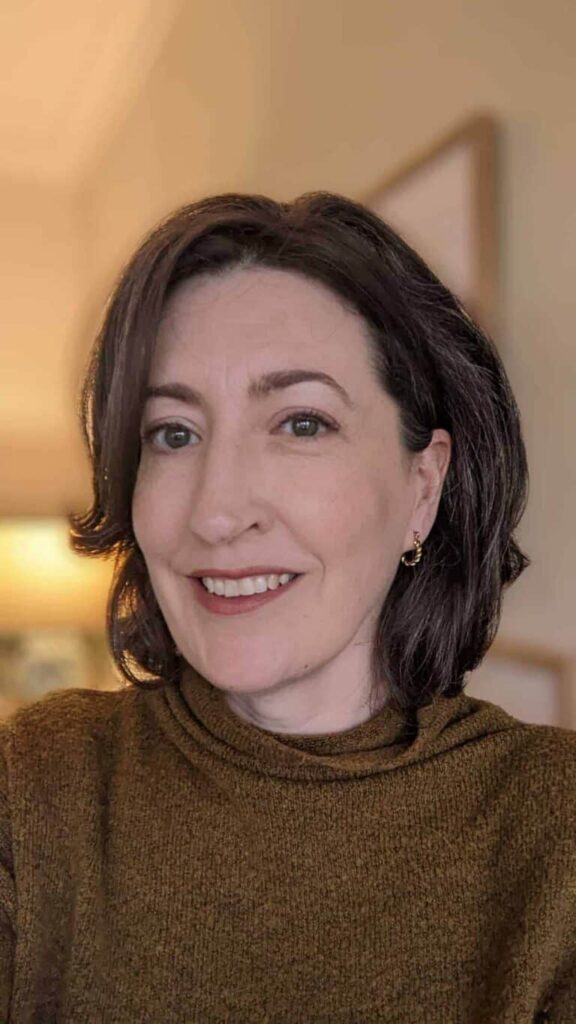
Lisa Otty leads the Data-Led Methods and Research Technology team within EFI’s Innovation Services, where she oversees a wide portfolio of research support services, projects and activities including an extensive training and skills development programme and the EFI Research Technology Support Service. She is also Director of the Centre for Data, Culture & Society, a specialist support hub for applied digital research methods in the arts, humanities, and social sciences. Lisa has worked at the intersections of humanities research and technology throughout her career, across both academic and professional contexts. She is also part of the DHCC (Digital Humanities Climate Coalition) Community Interest Group. DHCC focuses on understanding and minimising the environmental impact of DH research. In response to the ongoing climate emergency, and considering its wider climate justice implications.
